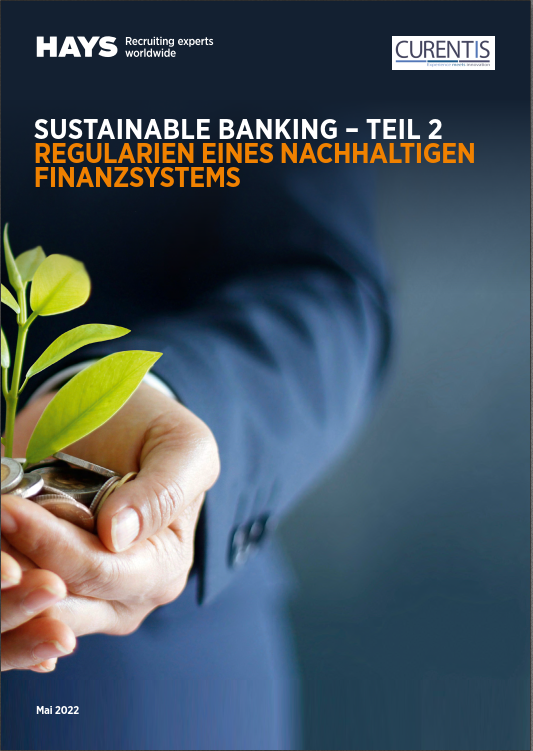Bundestag discusses real estate register in Germany
"If I were a Mafioso, I would invest in Germany". With this lurid but accurate quote from the journalist and Mafia expert Roberto Saviano, Caren Lay started the debate on the motion to introduce a property register on 29.04.2022.
In January 2021, the federal state of Berlin had already submitted a motion to the Bundesrat regarding the establishment of a real estate register. In the vote in March, only Berlin voted in favor of the motion. The arguments now are the same as a year ago: only a register can create transparency in the ownership of real estate. According to estimates, 20 billion euros are laundered through the real estate sector in Germany, as the acquisition and holding of real estate in Germany is particularly non-transparent due in particular to the more than 200 land registers, some of which are not digital.
Disclosure of the ownership structure is intended to counteract the concealment of the true owners, disguised via German real estate companies with parent companies abroad. The national risk analysis also shows that there is a particular risk in connection with so-called "share deals". These are contractual arrangements in which the real estate is not the direct object of the transaction, but is indirectly counted as a business asset of a company to be sold. The French anti-money laundering authority TRACFIN estimates that the real estate sector is a leading instrument of money laundering and in the Berlin risk analysis it was stated that according to estimates, based on a study by the United Nations Office on Drugs and Crime, 1.6 trillion dollars are laundered worldwide through real estate purchases.
The FATF has specified the following risk indicators for the real estate sector:
- Cash payments for expensive real estate
- Rapid resale of real estate with unexplained increases in value
- Difference between real estate location and residence/nationality of buyers
- Conversion of a property into smaller units e.g. sale of individual apartments
- Sale of real estate immediately before insolvency
- Purchase settlement with non-profit companies and associations that are not subject to supervision by the supervisory authority
- Transacting the purchase of real estate through or in connection with intermediary companies/intermediaries that are not subject to comparable money laundering requirements
The large number of warning indicators for the real estate sector clearly shows that a real estate register is a necessity in the fight against money laundering and terrorist financing. The draft submitted by the State of Berlin to the Bundesrat provided for the following structure of the real estate register:
- Ownership structure with rights of use and naming of authorized users
- Acquisition rights, representation rights and naming of rights holders
- Overview of beneficial owners, all other natural persons and legal entities in the ownership and control structure with respective rights
The application of 26.04.2022 to the Federal Government is strongly based on the application of the Federal State of Berlin to the Bundesrat in March 2021. In the current 32nd session of the Bundestag, the connection of a real estate register with the existing transparency register was also discussed. "With the [...] data-saving model of linking the database property register with the transparency register and technically good search options, we avoid duplicate structures and combine data protection with effective anti-money laundering" said MdB Sabine Grützmacher (BÜNDNIS 90/DIE GRÜNEN).
The motion has been referred to the Legal Affairs Committee and is under consideration there for implementation. It remains to be seen when and in what form a real estate register will be introduced. The fact that the necessity of implementing this motion has been recognized, one year after a comparative motion already failed, is to be seen as progress in the fight against money laundering in Germany.
 About the author: Romina Stuhrmann has been a consultant at CURENTIS AG since 2021 and has extensive project experience from major banks: she specializes in the Know-Your-Costumer (KYC) area.
About the author: Romina Stuhrmann has been a consultant at CURENTIS AG since 2021 and has extensive project experience from major banks: she specializes in the Know-Your-Costumer (KYC) area.



